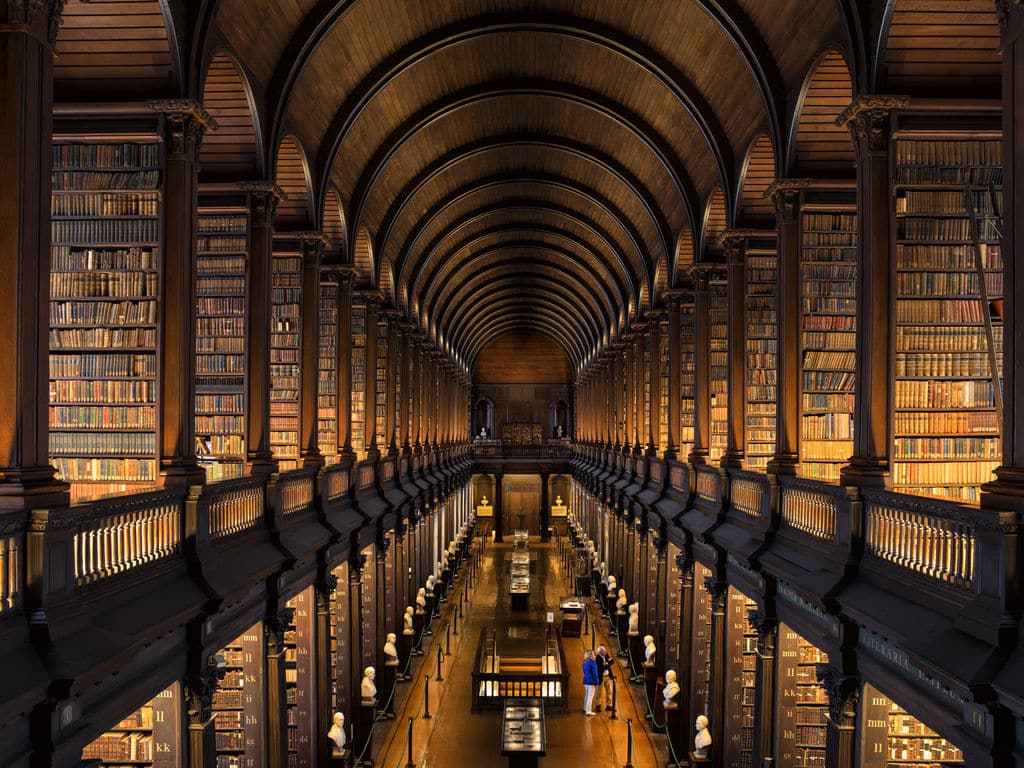“What is the purpose of my life?” is the 12th most asked question on Google. I wonʻt claim to have a definitive answer, but will go through six “schools of thought” as I see them.
One school of thought, call them the Communitarians, holds that the purpose of life is to work at something that is larger than oneself: a community, a culture or an ideal. It is into this school that nationalist movements fall. Grab a hammer and a nail if you attend this school.
One school, mistakenly called Epicurean, views pleasure as the purpose of life. It’s true, Epicurus was interested in pleasure, and in fact did see it as the purpose of life. He even did some of the things he was accused of: eating until stuffed, then vomiting and repeating. But his final conclusion was that one only needed three things to be happy: friends, freedom and an examined life. Start a commune if you gained admission to the Epicurean academy, or perhaps a monastery.
A related school holds this last Epicurean ideal as the purpose of life: Platonists would have put philosopher-kings in charge and guardians (stoics trained in philosophy) at the gate. As Socrates famously said, “the unexamined life is not worth living.” Head for grad school or a near-campus barstool to philosophize if youʻre a varsity Platonist.
An opposed school, the Enlightenment school, which draws from more religious and spiritual sources, holds that not thinking is the purpose of life; life is about be-ing – in the present moment: Be. Here. Now. as Ram Dass famously put it. This “school” (its more like a temple) holds that it is precisely not the content of our minds that define us, but their very emptiness. Join a meditation or yoga group if youʻre to be a co-ed at the school of no-thought.
A related “school,” call it the Karma school, holds that we are in a multi-life-long journey to end our karma. Many think of karma negatively, and it often is, but think of it merely as unfinished action (spiritual teacher Andrew Cohen put it this way). Because it is unfinished, and outlives you, you must return to complete it, and balance the scales so to speak. Just try to do good works in this life and wait for the next to see if you have alleviated the tension.
A final school, the Developmentalists, point out that the answer to the question changes as one moves through life. Carl Jung put it most simply: one first aspires to the archetype of the athlete – body culture, then to the statesman – the political life, and finally the priest. In the school of development, you may as well go for the priesthood now, while youʻre young, even if you donʻt want to, because you will.


The ultimate purpose of life may be to love one another as one loves oneself.
LikeLike